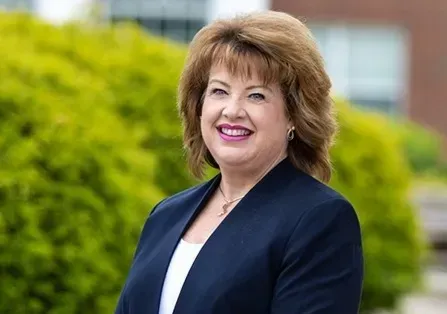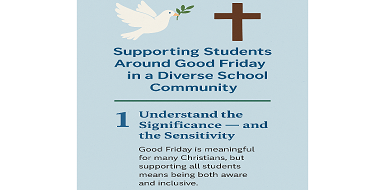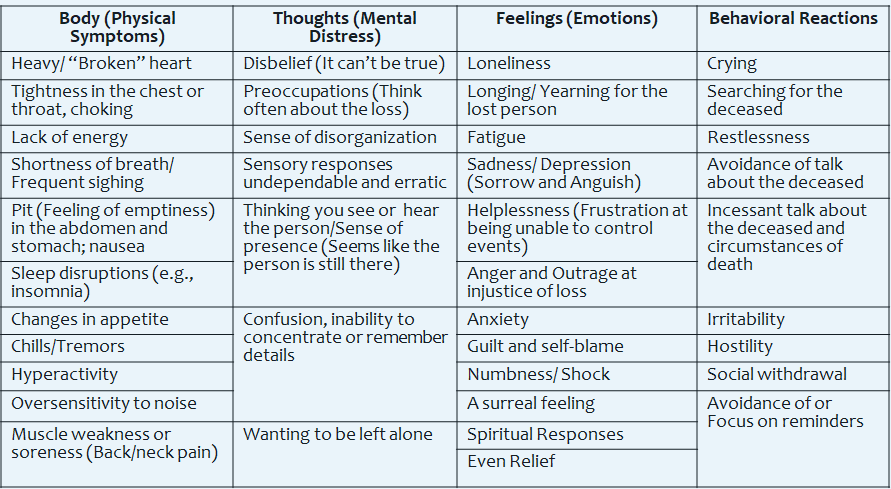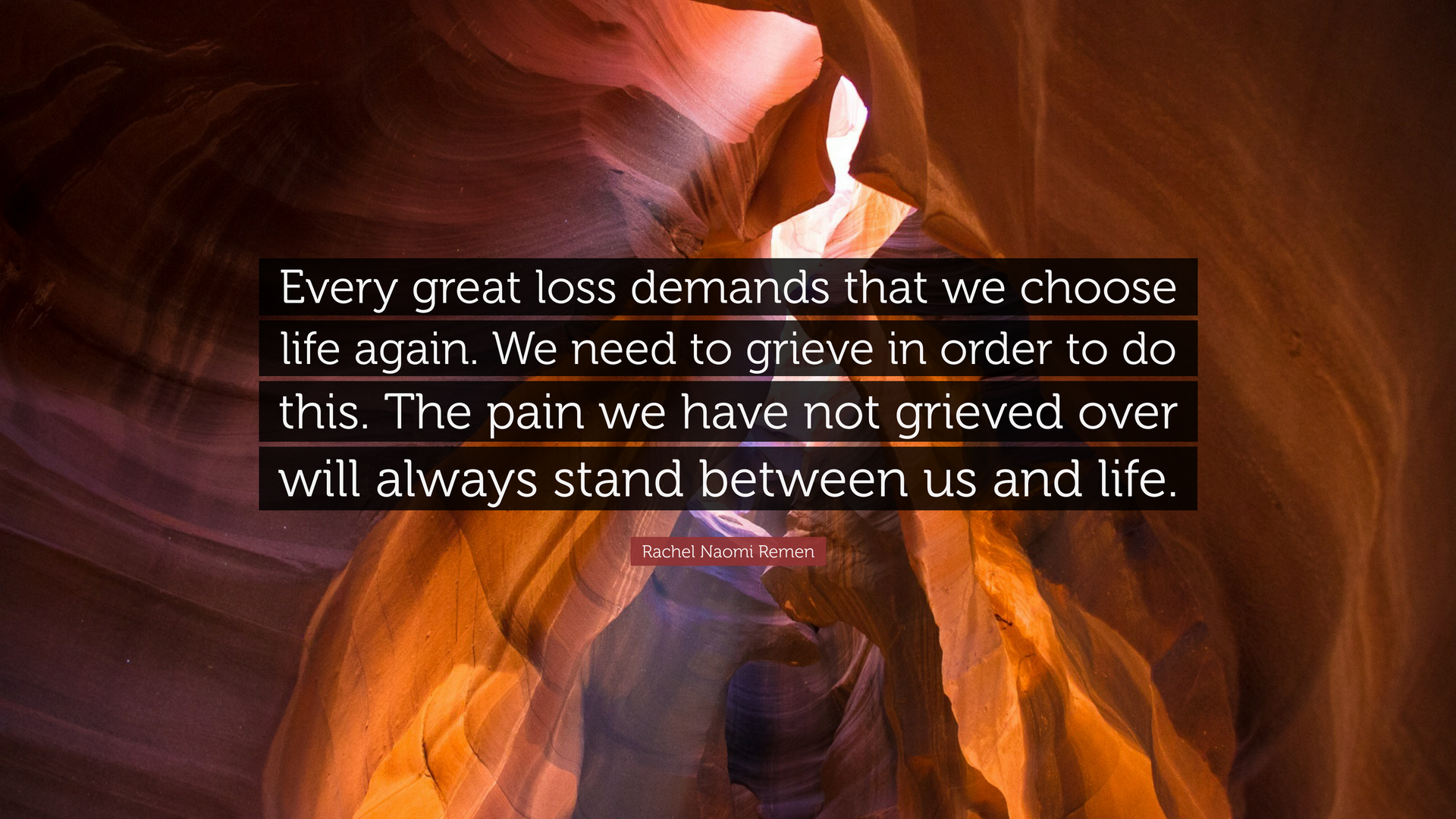The Importance of Professional Identity
School Counselor Professional Identity: Evolution, Challenges, and Strategies

The professional identity of school counselors has been a topic of significant evolution and debate over the years. Rooted in a rich history, this identity has grappled with competing models that reflect differing views on the role and scope of school counseling. This article explores the historical development of school counselor identity, the reasons behind the competing models, and provides three strategies to address the challenges within comprehensive school counseling programs.
HISTORICAL DEVELOPMENT OF SCHOOL COUNSELOR IDENTITY
Early Beginnings (Early 20th Century) The role of the school counselor emerged in the early 20th century, primarily focusing on vocational guidance. Frank Parsons, often referred to as the father of vocational guidance, emphasized the need for students to be guided towards careers that matched their skills and interests. This period saw school counselors working closely with vocational and career planning, aligning students’ educational paths with labor market needs.
Expansion and Role Diversification (Mid 20th Century) In the 1950s and 1960s, the scope of school counseling broadened to include personal and social development. Influenced by Carl Rogers' humanistic approach, school counselors began to address students' emotional and psychological well-being. The role expanded beyond career guidance to encompass academic advising and personal counseling, reflecting a more holistic view of student development.
Comprehensive Development (Late 20th Century) The late 20th century saw the development of comprehensive school counseling programs, integrating academic, career, and personal/social development into a cohesive framework. The American School Counselor Association (ASCA) developed the National Standards for School Counseling Programs in 1997, advocating for a balanced approach to student development and establishing the ASCA National Model in 2003, which further emphasized the need for a structured, data-driven approach to school counseling.
COMPETING IDENTITY MODELS: SOURCES AND IMPLICATIONS
The evolution of school counselor identity has led to competing models that reflect different priorities and philosophies regarding the role of the counselor. These competing models include:
- Vocational vs. Holistic Models Early vocational models focused predominantly on career guidance, while holistic models advocated for a comprehensive approach addressing academic, career, and personal/social domains. The tension between these models arose from differing views on whether school counselors should prioritize career readiness or provide a broader range of services to support overall student well-being.
- Reactive vs. Proactive Models Reactive models positioned school counselors as responders to student issues and crises, often dealing with problems as they arise. In contrast, proactive models emphasized preventative measures, data-driven interventions, and promoting positive development before issues become problematic. The reactive approach was critiqued for being short-term and problem-focused, while the proactive model aimed for long-term student development and success.
- Role Confusion and Administrative Expectations The ambiguity in school counselor roles often stemmed from varying administrative expectations and lack of clear definition in job descriptions. Administrators sometimes assigned non-counseling duties such as testing coordination or administrative tasks, leading to role confusion and dilution of the counselor's primary functions. This misalignment created challenges in establishing a consistent professional identity and implementing comprehensive counseling programs.
Strategies to Address Challenges in Comprehensive School Counseling Programs
To address the challenges posed by these competing models and to strengthen the professional identity of school counselors, the following strategies are essential:
- Advocate for Clear Role Definitions and Standards
- Implementation: School counselors should advocate for and adhere to the ASCA National Model and other established standards that define their role clearly within the school system. This involves developing and implementing the proactive and preventive Comprehensive School Counselor Program defined by the ASCA National Model. Develop and implement proactive programs that address common student issues before they escalate. This includes preventative interventions for bullying, mental health awareness, and academic support programs.
- Benefits: Advocating for the ASCA National Model will help prevent role dilution and ensure that counselors can focus on their primary functions, providing comprehensive support to students in academic, career, and personal/social domains. Proactive programs can enhance student outcomes by addressing issues early, reducing the need for reactive measures, and fostering a positive school environment.
- Foster Relationships that Build Administrative Understanding
- Implementation: Principal[s] should understand more clearly what counseling involves so that they can support the school counselor's professional identity as both educator and mental health professional. For administrators and others who supervise school counselors, it is important to understand that the training and professional identity of a school counselor is different from other educators, and that counselors are mental health professionals. It is essential to be able to articulate to administrators and other stakeholders the role of the counselor in maximizing student success.
- Benefits: Administrative Understanding helps the school counselor to be able to carry out the appropriate role and duties so that they can support student achievement.
- Engage in Ongoing Professional Development
- Implementation: School counselors should engage in continuous professional development to stay updated with the latest counseling techniques, research, and best practices. This includes attending workshops, pursuing advanced certifications, and participating in professional counseling organizations.
- Benefits: Ongoing professional development helps counselors maintain a high standard of practice, adapt to new challenges, and enhance their skills in providing effective counseling services.
CONCLUSION
The professional identity of school counselors has undergone significant transformation, shaped by historical developments and competing models reflecting diverse priorities. To address the challenges within comprehensive school counseling programs, it is crucial to advocate for clear role definitions, promote proactive and preventative measures, and engage in continuous professional development. By embracing these strategies, school counselors can effectively support student development and establish a cohesive and impactful professional identity.
REFERENCES
- American School Counselor Association (ASCA). (2019). The ASCA National Model: A Framework for School Counseling Programs.
- Burnham, J. J., & Jackson, C. M. (2000). School counselor roles: Discrepancies between actual practice and existing models. Professional School Counseling, 4(1), 41-49.
- Gysbers, N. C., & Henderson, P. (2012). Developing & Managing Your School Guidance and Counseling Program. John Wiley & Sons.
- Parsons, F. (1909). Choosing a Vocation. Houghton Mifflin.
I am a school counselor turned counselor educator, professor, and author helping educators and parents to build social, emotional, and academic growth in ALL kids! The school counseling blog delivers both advocacy as well as strategies to help you deliver your best school counseling program.

I'm a mother, grandmother, professor, author, and wife (I'll always be his). Until October 20, 2020, I lived with my husband, Robert (Bob) Rose, in Louisville, Ky. On that awful day of October 20,2020, my life profoundly changed, when this amazing man went on to Heaven. After Bob moved to Heaven, I embraced my love of writing as an outlet for grief. Hence, the Grief Blog is my attempt to share what I learned as a Counselor in education with what I am learning through this experience of walking this earth without him. My mission is to help those in grief move forward to see joy beyond this most painful time.










